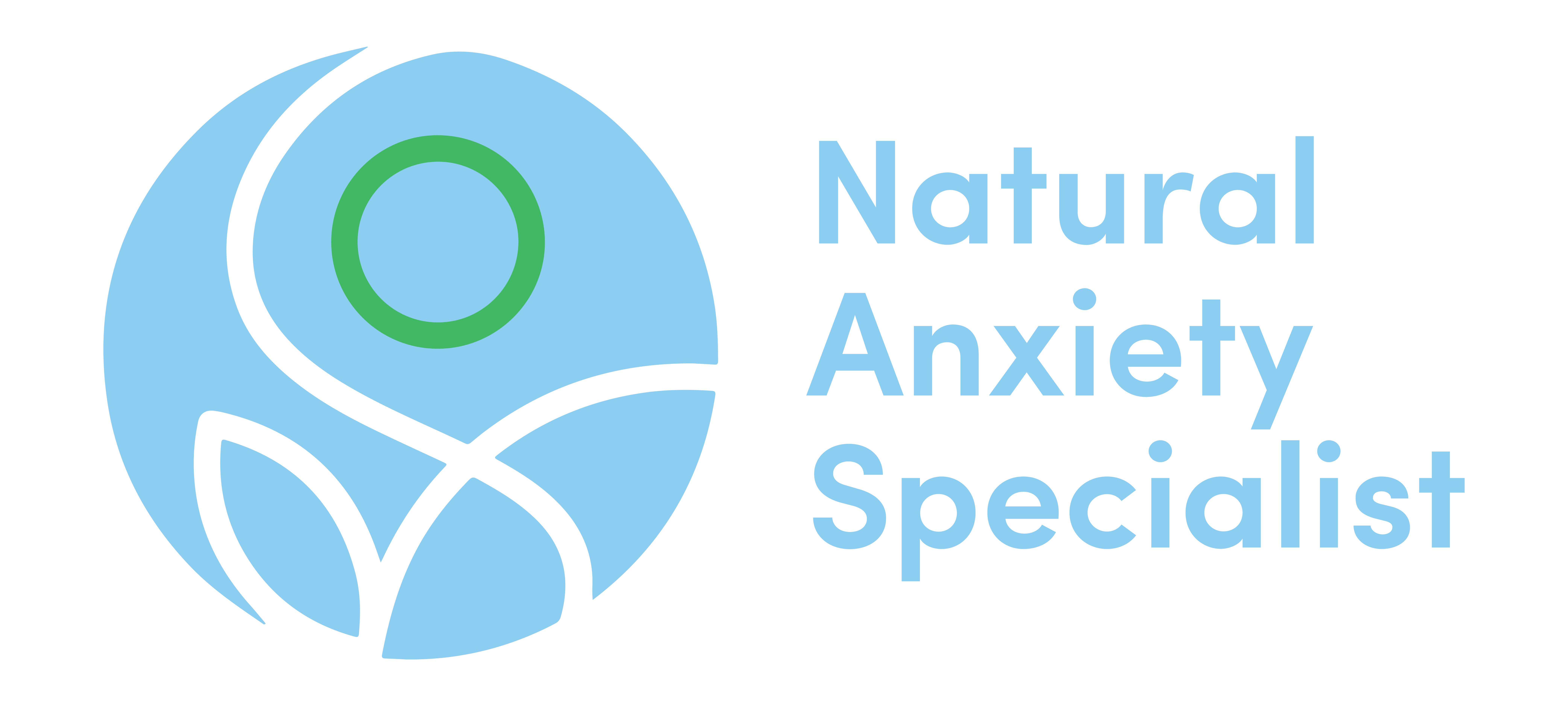Social Anxiety Disorder

Social Anxiety Disorder (SAD) or Social Phobia is one of the most tricky anxiety challenges to navigate. It is when situations involving other people cause debilitating anxiety such as making a speech in front of people, or even eating in front of people.
Many of us get nervous when we have a speech coming up or a presentation, however individuals with social anxiety issues will become so anxious days, (or sometimes weeks) prior to the event, that their anxiety negatively impacts the rest of their life and they cease to be able to function properly.
A diagnosis of Social Phobia or Social Anxiety Disorder is based on having typical anxiety symptoms which result in a partial or total impairment of every day ability to function in life.
As with many anxiety disorders, the symptoms need to be present for at least 6 months for the diagnosis to be made. It’s very important to understand that you can be suffering from what feels like social anxiety for a period of time after a stressful or traumatising event for example, but you get better and the symptoms do not stay with you (or stay with you to a level with which you can cope and function).
What causes it?
It appears that social phobia can be due to a combination of several factors.
- Being Humiliated or Bullied: Some people ascribe their social phobia to an experience of being bullied at school or in the workplace.
- Family History: It seems possible that there may be a genetic predisposition. It is true that growing up with an adult who exhibits high levels of anxiety does set the level of normal anxiety levels to high and this may encourage a child to be more anxious.
- 3. Personality Type: Some children exhibit high levels of timidity and shyness in new and social situations and these children may possibly be more prone to social anxiety later in life
Avoidance
What typically happens with SAD is that individuals are so stressed by the prospect of a social event, that they find ways to avoid it. This may be conscious such as making a decision not to attend the event; or unconscious, such as being taken ill prior so that they are too unwell to attend.
Both of these strategies are known as avoidance strategies. The trouble with this is that we know from research that avoidance coping strategies make the anxiety worse. Each time you overcome your anxiety and manage to attend the dreaded event, your brain gets to know that you can feel the fear but that it’s unfounded and you manage to cope. When you avoid facing the things you fear it appears the anxiety gets worse.
The really good news is that each time you feel fear about doing something and then do it any way, it makes it easier the next time the same situation arises.
So what Can you Do About it?
Prepare Yourself: Try as much as possible to prepare yourself for a challenging event. If you are making a speech, prepare your speech well and practise it in front of friends or family. If you are attending a gathering, go with someone you know and ask that they help you out by introducing you and not leaving you alone immediately.
Take your time: Find out ahead all the small planning details before an event. Check out transport and travel times and arrive early so you can do some breathwork techniques in the privacy of the bathroom before the event.
What will NOT doing it cost you? Often when we avoid socially challenging situations and events we do ourselves out of all kinds of benefits. This can affect our relationships, and professional life. Write down 5-6 social situations that you have avoided in the past and what this has cost you in terms of missed enjoyment, opportunity and promotion. (Download your free resource for this exercise here). Use this as a driver for you to overcome your fears and get yourself out there.
You might be interested in our Anxiety Buster Online 6 week program which educates you to build a toolkit to use to reduce your own anxiety. As the program is online so you can do it at home it is ideal for anyone suffering from social anxiety issues and it will be just you and your screen.


0 comments
Leave a comment
Please log in or register to post a comment